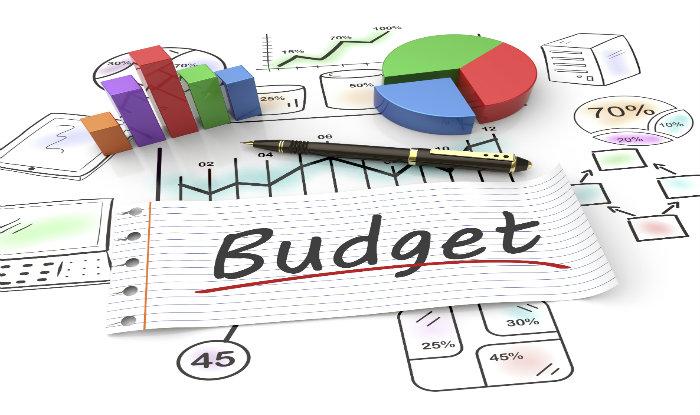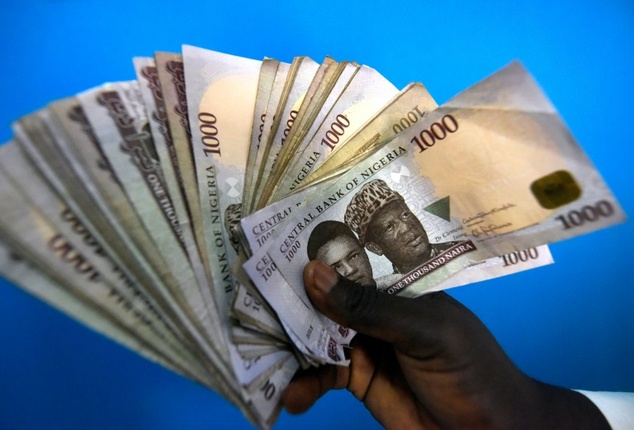Nigeria may be heading for its second recession in nearly four years after crude oil prices crashed to $30 per barrel in the international market as the fresh meltdown in the global oil market is expected to threaten the country’s 2020 budget implementation.
Recall that the Federal Government had last week announced plans to review the 2020 budget as crude oil revenue comes under pressure from the effects of the raging coronavirus infection globally.
The Minister of Finance/Budget Planning, Mrs Zainab Ahmed, who gave the indication, said that the government was worried about the drop in oil revenue and would soon start a mid-term review of the budget to determine the way forward.
The price of Nigeria’s Brent crude was well above $60 per barrel when Buhari signed the N10.59tn budget into law in December last year. But President Muhammadu Buhari had while presenting the 2020 budget estimate adopted a conservative oil price benchmark of $57 per barrel and daily oil production estimate of 2.18 mbpd
The oil prices crashed as much as 30 percent within seconds of the market opening on Sunday evening after Saudi Arabia launched an aggressive price war over the weekend, driving crude to its lowest level in four years.
Brent crude, the international benchmark, against which Nigerian oil is priced, dropped from $45 a barrel to $31.52 a barrel in one of the biggest one-day drops in its history.
The huge sell-off follows the collapse of Saudi Arabia’s oil-cutting alliance on Friday, with Russia refusing to make deeper cuts to output despite the sharp hit to demand from the coronavirus outbreak.
Saudi Arabia, OPEC’s de facto leader, has responded by slashing prices and indicating it will instead raise output. The move is seen as an attempt to take on Russia as well as squeezing other high-cost producers out of the market, including parts of the US shale sector.
It is reminiscent of the attempt to win back market share in 2014 during the last price war, but this time it comes as demand is seen falling because of the impact of the coronavirus, which has crimped air travel and the wider economy.
“It is very rare for a demand collapse to coincide with a supply surge,” said Bob McNally at the Rapidan Energy Group. “It is the crudest price-bearish combination since the early 1930s. The price collapse has just begun.”
Goldman Sachs, one of the most influential banks in commodity markets, on Sunday lowered its price forecast for Brent to $30 a barrel for the second and third quarters, and warned there could be dips to $20 a barrel in the coming weeks.
Ahmed raises the concerns about the current drop in oil price because it’s now below Nigeria’s budget.
Advertisement“We will do a mid-term review, and if the impact is so much, we will need to do an adjustment in the budget, working together with the National Assembly,” she was quoted to have said after last week’s Federal Executive Council meeting in Abuja.
The price of crude has been on a free fall since January, worsening lately with the outbreak of coronavirus.


 Comments and Issues2 days ago
Comments and Issues2 days ago
 Business6 days ago
Business6 days ago
 Business1 week ago
Business1 week ago
 Business1 week ago
Business1 week ago
 Business5 days ago
Business5 days ago
 Education7 days ago
Education7 days ago
 News6 days ago
News6 days ago
 Comments and Issues5 days ago
Comments and Issues5 days ago








